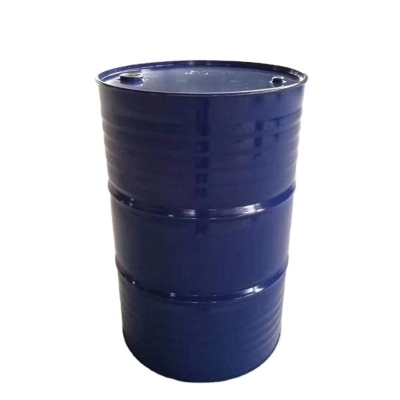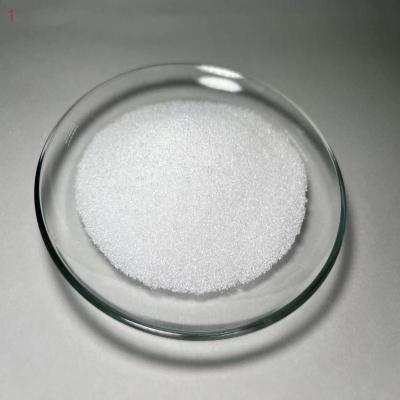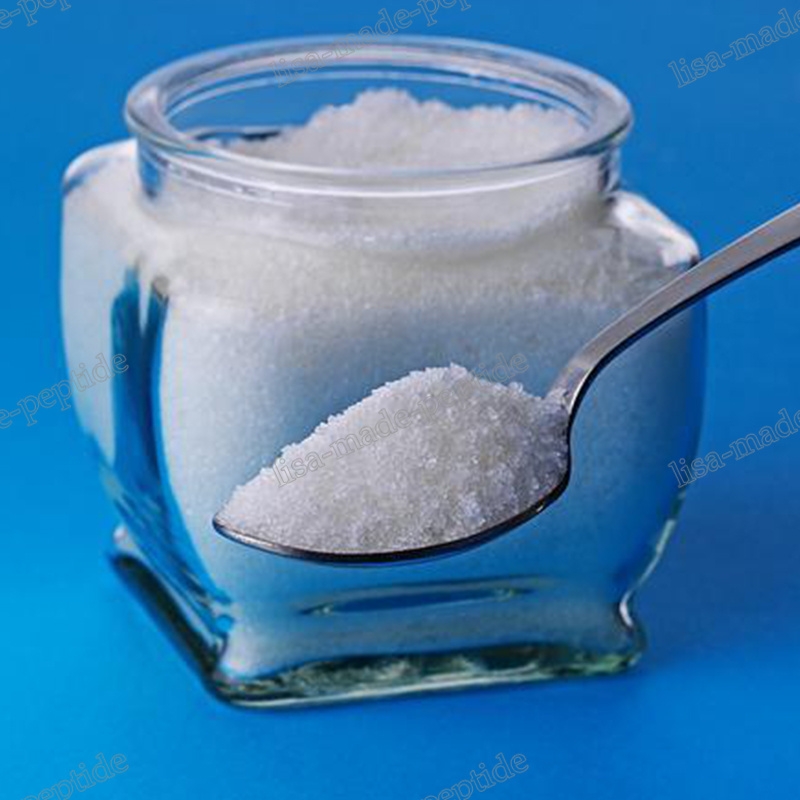-
Categories
-
Pharmaceutical Intermediates
-
Active Pharmaceutical Ingredients
-
Food Additives
- Industrial Coatings
- Agrochemicals
- Dyes and Pigments
- Surfactant
- Flavors and Fragrances
- Chemical Reagents
- Catalyst and Auxiliary
- Natural Products
- Inorganic Chemistry
-
Organic Chemistry
-
Biochemical Engineering
- Analytical Chemistry
-
Cosmetic Ingredient
- Water Treatment Chemical
-
Pharmaceutical Intermediates
Promotion
ECHEMI Mall
Wholesale
Weekly Price
Exhibition
News
-
Trade Service
Recently, the National Energy Fundamentals and Management Standardization Technical Committee issued the "Energy Consumption Limits for Key Products in the Refining and Chemical Industry", "Energy Consumption Limits for Unit Products in the Alcohol Ether Industry", "Energy Consumption Limits for Calcium Carbide and Its Downstream Industries", and "Units in the Fertilizer Industry".
"Product Energy Consumption Limit" 4 mandatory national standards draft for comments
.
Zhou Junhua, director of the Industrial Development Department of the China Petroleum and Chemical Industry Federation, said that the petrochemical and chemical industry is in a critical period of green and low-carbon transformation.
The introduction of the new national standard is conducive to the clean and low-carbon development of the petrochemical industry
.
The new national standard that is still soliciting opinions is clear, and the key products in the refining and chemical industry include oil refining, ethylene, polypropylene, styrene, purified terephthalic acid, and paraxylene
.
The calcium carbide industry products include calcium carbide, polyvinyl alcohol, 1,4-butanediol (BDO), dicyandiamide, cyanamide,
etc.
Products in the alcohol ether industry include coal-to-methanol, natural gas-to-methanol, coke oven gas-to-methanol, ethylene glycol, and dimethyl ether
.
The fertilizer industry products include synthetic ammonia produced from high-quality anthracite lump coal, briquette coal, pulverized coal, lignite, natural gas, etc.
; urea produced from liquid anhydrous ammonia and carbon dioxide; solid monoammonium phosphate and diammonium phosphate fertilizers, etc.
.
Compared with the current national standard, the new national standard also clearly states that the energy consumption quotas for the above-mentioned four industries will be divided into three levels of management, with level 1 having the lowest energy consumption
.
Among them, the limit value of energy consumption per unit product of existing production enterprises or the comprehensive energy consumption per unit product should meet the requirements of level 3 energy consumption limit; the access value of energy consumption per unit product of newly built and renovated (expanded) production enterprises should meet the level 2 energy consumption Limit requirements
.
Taking oil refining products as an example, in the current national standard, the advanced value of energy consumption per unit of product is 7, the access value is 8, and the limit value is 11.
5.
In the new national standard, the energy consumption per unit energy factor is 6.
85, 7.
5, and 8.
5.
Limits are divided into 3 levels
.
In this regard, Zhou Junhua said that the implementation of hierarchical management of energy consumption quotas not only takes into account the reality that the energy consumption level of old equipment is relatively backward, but also takes into account the current requirements for green, low-carbon and high-quality development
.
The increase in the energy consumption per unit of product or the access value of comprehensive energy consumption will bring certain pressure to newly built and renovated (expanded) production enterprises, but enterprises in related industries should take this opportunity to further promote energy conservation, emission reduction, quality improvement and consumption reduction
.
In order to promote enterprises in the industry to accelerate the realization of energy conservation and consumption reduction, Zhou Junhua suggested that enterprises should introduce and use clean and advanced production technologies, and at the same time establish a global awareness of energy consumption management, establish a sound energy consumption management platform, and reduce energy consumption and improve energy efficiency in an all-round way
.







